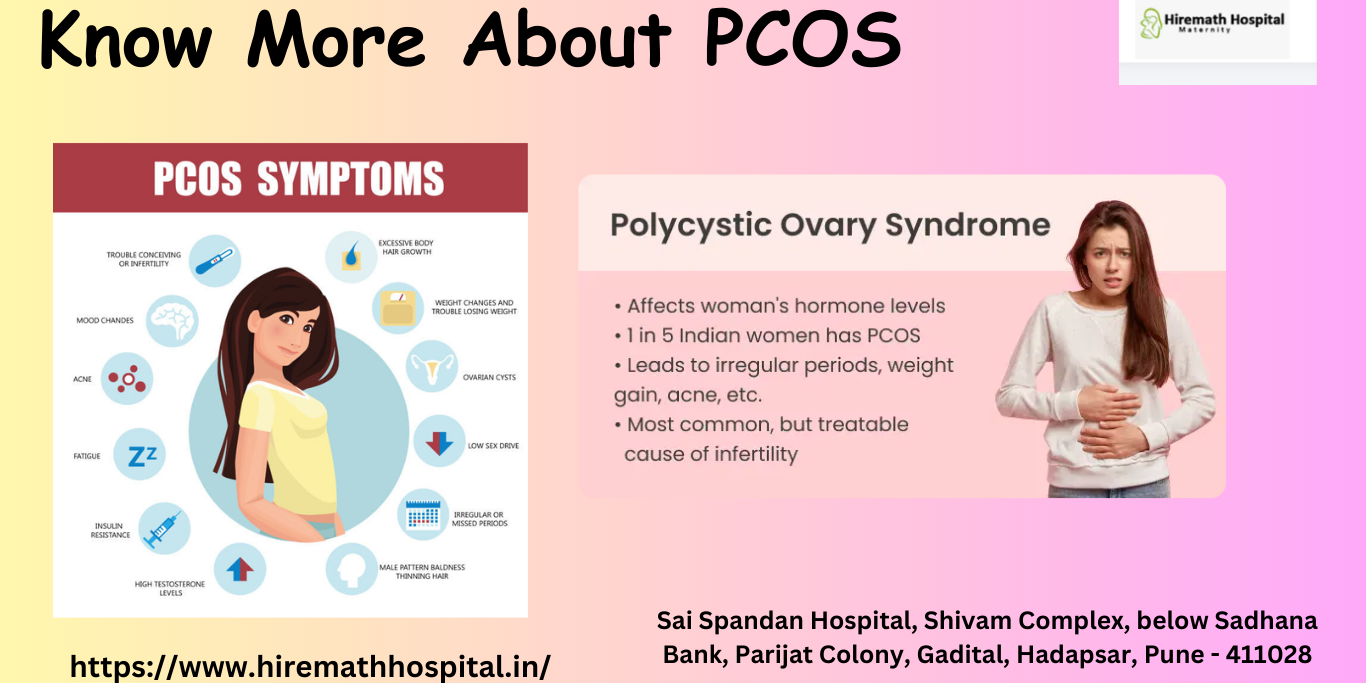Polycystic ovary syndrome (PCOS) is a common hormonal disorder among women of reproductive age. It affects the ovaries and can lead to a variety of symptoms, including irregular menstrual cycles, acne, excessive hair growth, and weight gain. In this blog, we will break down the basics of PCOS in an easy-to-understand way.
What is PCOS?
PCOS is a condition where the ovaries develop small cysts as a result of eggs that have not been released. The cysts produce androgens, male hormones, which can lead to the aforementioned symptoms.
Causes of PCOS
The exact cause of PCOS is unknown, but it is believed to be a result of a combination of genetic, environmental, and lifestyle factors. Some of the factors that may contribute to the development of PCOS include insulin resistance, low-grade inflammation, and an imbalance of hormones such as testosterone and estrogen.
Symptoms of PCOS
The symptoms of PCOS can vary from person to person, but some of the most common include:
- Irregular or absent menstrual periods
- Acne or oily skin
- Excessive hair growth on the face, chest, and back
- Weight gain, particularly around the waist
- Darkening of the skin in certain areas, such as the neck, underarms, and groin
- Thinning hair or hair loss
- Fertility problems
Diagnosis of PCOS
If you have any of the symptoms of PCOS, it is important to see a gynecologist. we will likely perform a physical exam and ask you about your symptoms, medical history, and lifestyle. We may also perform a number of tests, including blood tests, an ultrasound, and a pelvic exam.
Treatment of PCOS
The treatment for PCOS depends on the symptoms and goals of the individual, but some common treatments include:
- Hormonal birth control to regulate menstrual cycles and reduce symptoms such as acne and excessive hair growth
- Metformin, a medication that can help with insulin resistance and improve ovulation
- Lifestyle changes, such as losing weight, eating a healthy diet, and getting regular exercise
- Fertility treatments, if you are trying to become pregnant
In conclusion, PCOS is a common hormonal disorder that affects many women. It can lead to a variety of symptoms and can affect your ability to become pregnant. If you have any of the symptoms of PCOS, it is important to see a gynecologist and discuss your treatment options.
About Hiremath Hospital:
Dr. Bharati Hiremath (Hiremath Nursing Home) in Talera Hospital Road, Pune is one of the most renowned Gynaecologist & Obstetrician Doctors in the area. The practitioner holds qualification in the capacity of DGO Talegaon Mimer Medical College, Pune University 2004, MBBS Talegaon Mimer Medical College, Pune University 2001. Countless locals in Talera Hospital Road have placed immense trust in the practitioner over the years. Dr. Bharati Hiremath (Hiremath Nursing Home) is situated at Survey No 283, Plot No 24, Talera Nagar, Talera Hospital Road, Chinchwad-411033 near Talera Nagar, which is easily accessible through various modes of transport.







